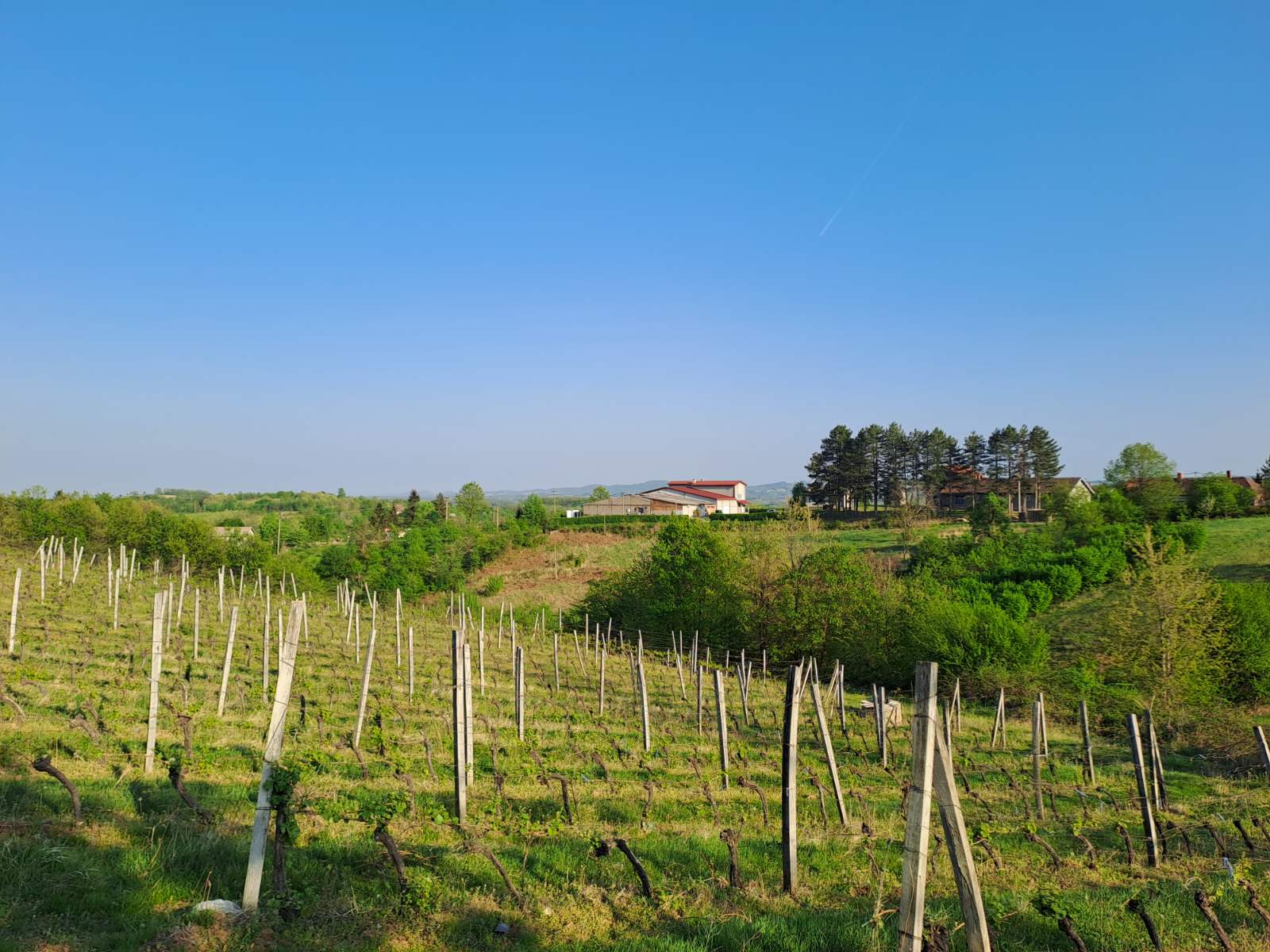Funder: The project "EU for the Green Agenda in Serbia", with the technical and financial support of the European Union and in partnership with the Ministry of Environmental Protection, is implemented by UNDP in cooperation with the Embassy of Sweden and the European Investment Bank (EIB), with additional financial resources provided by the Swedish, Switzerland and Serbian government.
Project leader: Dr. Uroš Živković, Research Associate, Department of Evolutionary Biology and Dr. Maja Raković, Senior Research Associate, Department of Hydroecology and Water Protection, Institute for Biological Research "Siniša Stanković" - National Institute of the Republic of Serbia, University of Belgrade
Period: 2024-2025
Team members from IBISS:
Dr. Nataša Barišić Klisarić, Department of Evolutionary Biology
Dr. Nataša Popović, Department of Hydroecology and Water Protection
External advisors:
Dr. Aleksandar Đukić, Associate Professor, Department Of Hydraulic and Environmental Engineering, Faculty of Civil Engineering, University of Belgrade
Dr. Vladana N. Rajaković-Ognjanović, Full Professor, Department Of Hydraulic and Environmental Engineering, Faculty of Civil Engineering, University of Belgrade
dipl.oec. Radomir Savić, director, Astra ITB DOO
 This project will pilot construction of artificial wetlands to demonstrate an innovative, environmentally friendly solution applied to wastewaters from the Pusula winery as constructed wetlands have been identified as a suitable means of treating wastewater, designed and built to mimic and enhance the natural ecosystem processes of wetlands.
This project will pilot construction of artificial wetlands to demonstrate an innovative, environmentally friendly solution applied to wastewaters from the Pusula winery as constructed wetlands have been identified as a suitable means of treating wastewater, designed and built to mimic and enhance the natural ecosystem processes of wetlands.
The project aims to analyze the technical performance of constructed wetlands and provides for the prevention of surface and groundwater contamination, eutrophication, soil microbial imbalance, soil degradation, damage to vegetation and odor nuisance.
The end result of the pilot project is a developed, tested and applied low-energy process that requires no chemicals, no external management and no transportation. The application of this process can reduce the cost of wastewater treatment and management in wineries by up to 60 times compared to conventional technologies.
The pilot project focuses on a key issue directly related to the environmental impact of winemaking, namely the recovery and reuse of wastewater generated in the winery, and brings winemaking closer to a more sustainable circular economy model.
This outcome is expected to have an impact on raising awareness of the green business model achieved through the pilot project among 380 registered wineries across Serbia and potentially trigger similar solutions for other types of wastewater, including municipal wastewater, urban and agricultural wastewater, landfill leachate, etc.
IBISS uses analytical cookies to analyze the use of the site in order to improve the user experience, by clicking "Accept" you consent to the use of cookies.